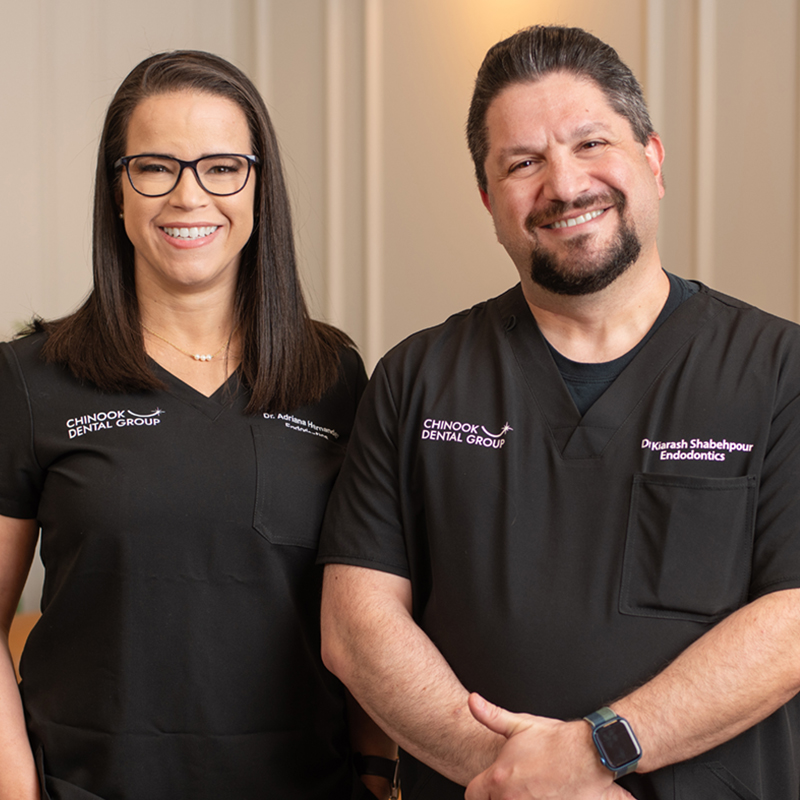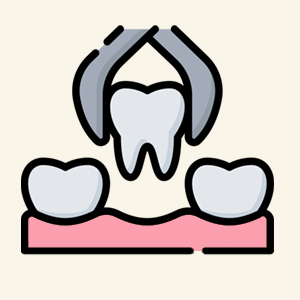Why Choose Chinook Dental Group?
Four Dental Specialties
Receive comprehensive care for four dental specialties.
Appointments Available
Receive timely care and schedule immediate appointments.
We Follow the ADA Fee Guide
We proudly follow the ADA Fee Guide to provide competitively priced services.
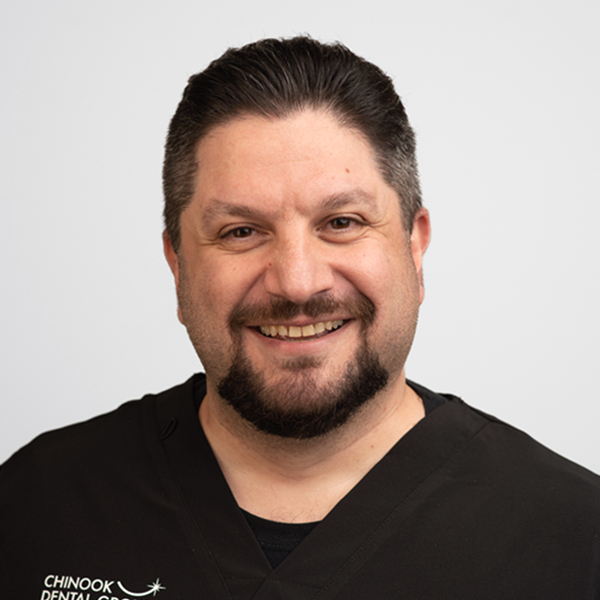
Dr. Kiarash Shabehpour
Dr. Kiarash Shabehpour (or Dr. Kia as his patients and colleagues tend to call him) is a Certified Specialist in Endodontics. He finished his specialist training at the University of British Columbia, where he is currently a clinical instructor helping with training of the next generation of Endodontists.
Dr. Shabehpour practices in both Alberta and British Columbia and along with his team, helps his patients and colleagues with root canal related procedures on a referral basis. He is fluent in both English and Farsi.
When not working, he loves spending time with his family, indulges in martial arts of Judo or can be found on the slopes, skiing.
Dr. Shabehpour is proud supporter of animal rescue groups worldwide.
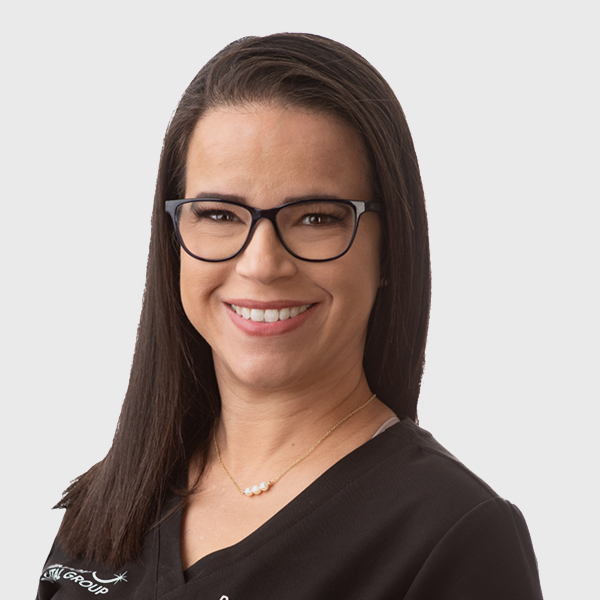
Dr. Adriana Hernandez
Dr. Adriana Hernandez obtained her BDS degree in Venezuela in 2005. Following several years of successful practice as a general dentist, she decided to further her expertise by specializing in Endodontics. Her journey as a specialist in Endodontics allowed her to serve the dental community in Venezuela with high skill and dedication for several years.
Later on, Dr. Hernandez, along with her husband and three children, relocated to Canada. In Canada, she pursued additional dental education at the University of British Columbia, where she earned certification for her specialty degree. Today, Dr. Hernandez primarily assists patients and colleagues with root canal treatments and endodontic surgeries on a referral basis. She is fluent in English and Spanish.
What are endodontic microsurgeries?
Endodontic microsurgeries are specialized dental procedures that involve the use of advanced technology and techniques to perform complex root canal treatments and repair damaged or infected tooth roots.
These procedures typically involve the use of a microscope and other specialized tools to access and treat the inside of the tooth and root structure, in order to preserve the natural tooth and prevent the need for extraction.
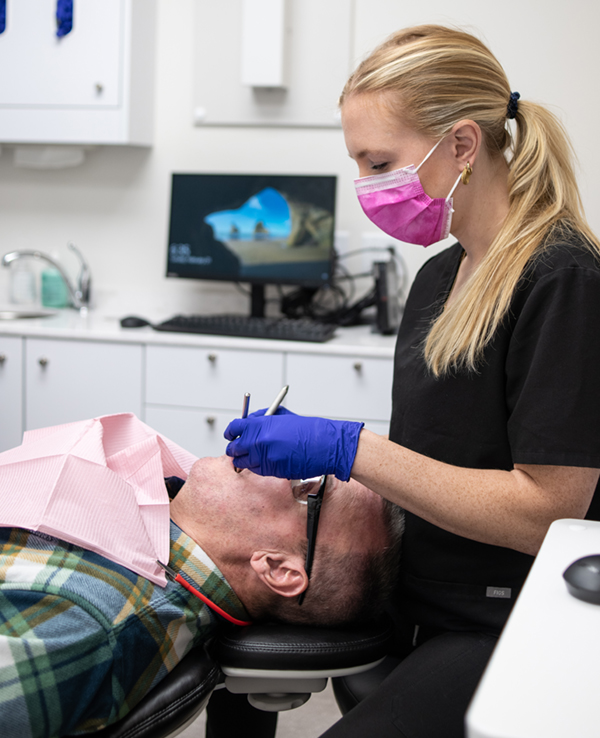
When will an endodontist recommend microsurgery?
An endodontic microsurgery is performed when there is a problem with the root of a tooth that cannot be resolved through traditional endodontic treatment, such as a root canal. This type of surgery is typically used to remove infected or damaged tissue from the root of the tooth, repair or remove damaged root canals, or save a tooth that would otherwise need to be extracted.
The benefits of endodontic microsurgeries include the ability to access and treat hard-to-reach areas of the tooth, improved visualization of the tooth’s internal structures, and the ability to remove damaged or infected tissue more precisely, which can lead to better outcomes and a higher success rate for the procedure.

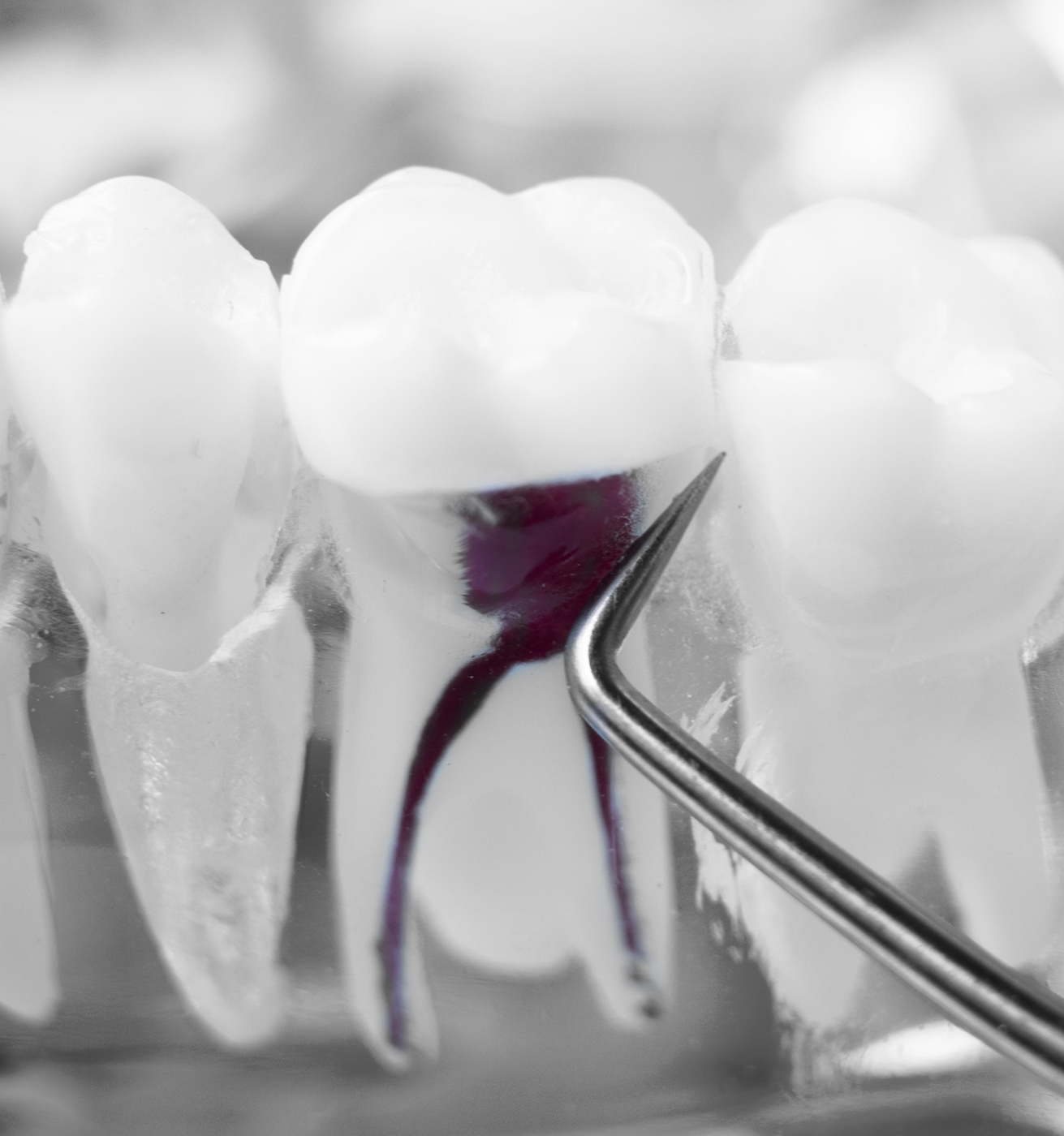
What is the process for endodontic microsurgery?
Endodontic microsurgery involves several steps, including administering local anesthesia, opening the tooth to access the pulp chamber and root canals, cleaning and shaping the canals using specialized instruments, placing a filling material to seal the canals, and closing the tooth with a permanent restoration or a temporary filling.
The procedure may also involve the use of a microscope to aid in visualizing and accessing the canals, as well as the use of specialized instruments such as ultrasonic or laser devices. Depending on the case, additional steps such as apicoectomy or root-end resection may also be required to remove infected or damaged tissue.

